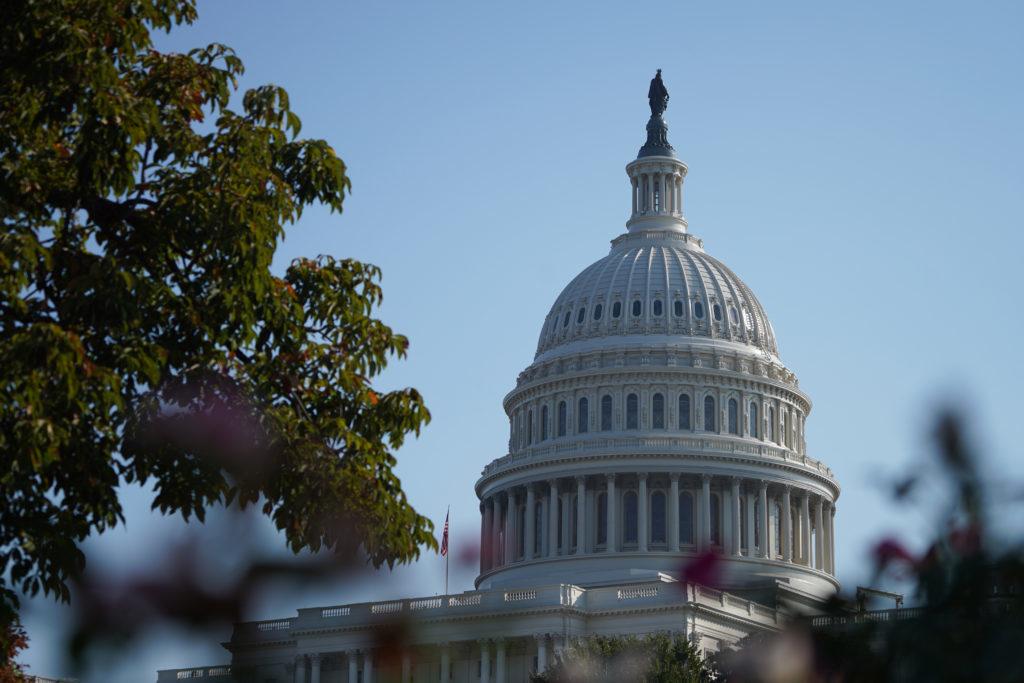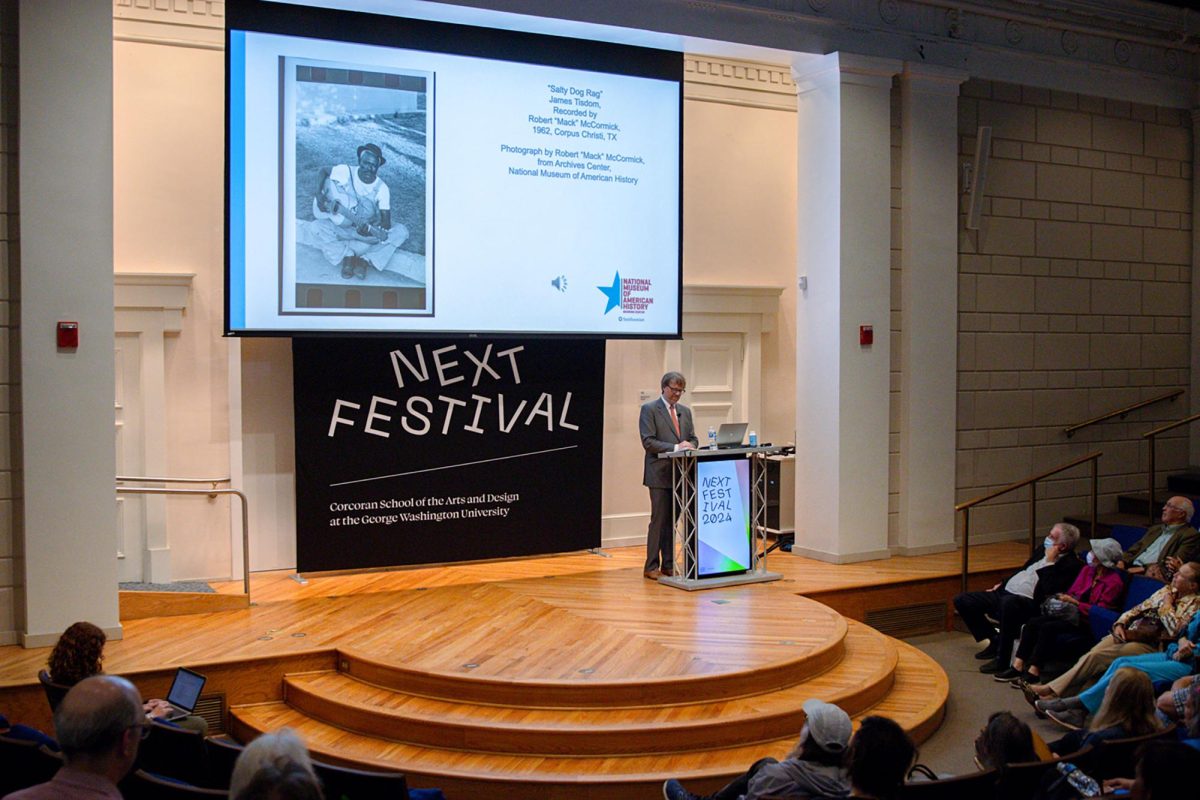Updated: June 25, 2021 at 9:12 a.m.
Local leaders and U.S. senators debated the prospect of D.C. statehood at a three-hour Senate committee hearing Tuesday, addressing H.R. 51 – the bill that would admit D.C. to the union as the 51st state.
Mayor Muriel Bowser and Del. Eleanor Holmes Norton, D-DC, highlighted the injustices that D.C. residents face without statehood, while Republican senators like Ron Johnson, R-Wis. and Josh Hawley, R-Mo., called the legislation unconstitutional, saying it would undermine the Founding Fathers’ constitutional intent. The hearing held before the Senate Committee on Homeland Security and Governmental Affairs, where half the committee’s members were present, marked the first Senate hearing about D.C. statehood since 2014.
The House of Representatives passed the statehood bill twice in the past two years – for the first time last June and second this April.
During the hearing, Johnson introduced a new anti-statehood argument, claiming that D.C. residents are too wealthy to deserve full voting representation in Congress. Johnson said not many “disadvantaged individuals” live in the District, and locals have a “vested” interest in the federal government’s power, according to a DCist report.
D.C. statehood would grant the District one representative and two senators with voting power in Congress, likely making the House and Senate more Democratic given the city’s liberal leanings.
“We can talk about what’s the use of statutes, we can talk about the 23rd Amendment,” Johnson said at the hearing. “To me, this just seems like a naked power grab.”
Bowser said the District’s calls for full democracy have been “drowned” out by arguments that disregard how the second-class status of D.C. residents without statehood is an illegitimate “anomaly” of the Constitution.
Bowser, Norton and other statehood supporters outlined the consequences that come with non-statehood status, like federal tax payments and the District’s inability to authorize National Guard deployments, demonstrated through last year’s racial justice protests and this year’s attack on the U.S. Capitol.
Despite the lack of support from Republican senators that would need to override a filibuster to muster the legislation to a vote, Norton said she remains optimistic about the bill’s future in the Senate because of the national favor showcased in the House’s hearing in April, according to a DCist report.
“Congress has a choice,” Norton said at the hearing. “It can continue to exclude D.C. residents from the democratic process, forcing them to watch from the sidelines as Congress votes on federal and D.C. laws, and to treat them, in the words of Frederick Douglass, as ‘aliens, not citizens, but subjects.’ Or it can live up to our nation’s founding principles and pass the D.C. statehood bill.”
This post was updated to clarify the following:
This post was updated to clarify that the Senate committee hearing was the first addressing D.C. statehood legislation since 2014.






